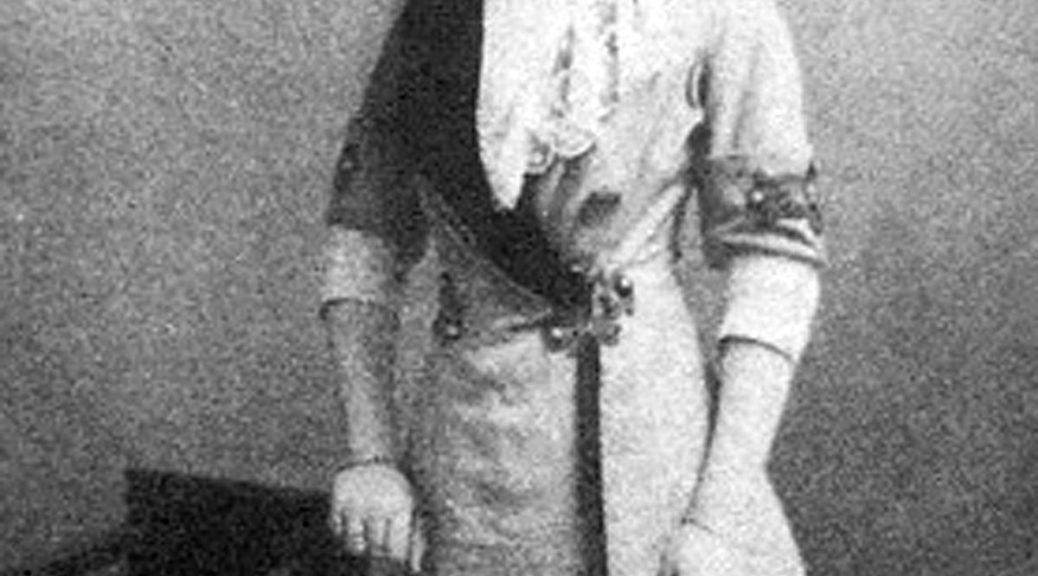I.A.R. WYLIE, Australian novelist, born (d: 1959); In 1940 I.A.R. (for Ida Alexa Ross Wylie, also Ida Alena Ross Wylie) Wylie published a book, now little read, called My Life With George. What was unusual about it was not merely its honest treatment of a life shared with someone other than a husband, a lover with whom she had lived for twenty years, but that “George” was in fact another woman – Dr. S. Josephine Baker, a pioneering public health specialist who was famous for having captured “Typhoid Mary.” Anyone interested in learning more about Wylie’s George, ironically, will have to look Dr. Baker up in old editions of American Men of Science. That’s right: Men. You’ve come a long way baby.
Wylie’s writing career took off in the teens, and her novel, The Red Mirage, was brought to the screen in 1915 as The Unknown. Four more of her stories were turned into movies over the next five years, but she fully hit her stride in the decade that followed. In 1920, Wylie published her first major novel, Toward Morning, which dealt with life in Germany. One of her later books, To the Vanquished, was an account of the changes that took place in Germany during the Nazi occupation. She also traveled to the Soviet Union and later wrote Furious Young Man, which is the story of a British youth who is frustrated with the shortcomings of his homeland’s society and embraces communism.
Nine movies based on her work (including a fresh adaptation of The Red Mirage as The Foreign Legion) were filmed during the ’20s, and 10 more in the ’30s. The most memorable screen adaptation of a Wylie novel, however, was of The Flame (1942), with Spencer Tracy and Katharine Hepburn. The film is not a comedy, but one of the most sophisticated thrillers ever to come out of Hollywood — a startling work issued from a major studio in wartime, dealing with the investigation of a deceased, wealthy and supposedly ultra-patriotic man whose unsavory secrets are revealed. The suspense elements in Keeper of the Flame rival the work of Alfred Hitchcock, and it contains political elements that seem almost subversive. It marked the peak of Wylie’s influence as an author in Hollywood. Two more movies based on her work would follow in the ’50s — Phone Call From a Stranger (1952) and Torch Song (1953). She receded in prominence through the last years of her life.
